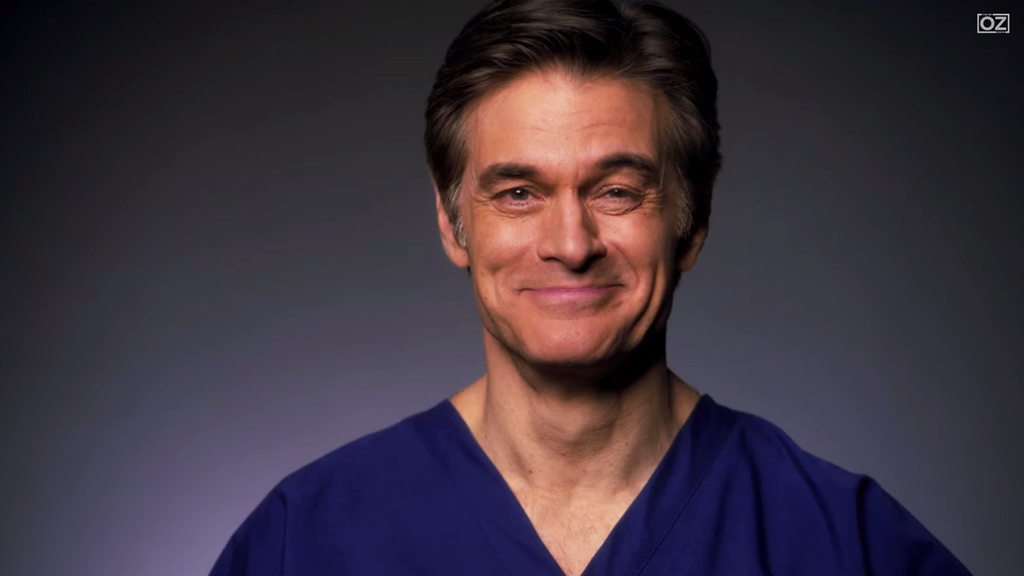 Screenshot
ScreenshotA recent study by University of Alberta researchers suggests that we should be more skeptical about recommendations given on popular medical talk shows.
The investigation looked at recommendations from The Dr. Oz Show and The Doctors with the scope of finding evidence behind what was being recommended.
Mike Allan, a professor in the Department of Family Medicine, said there has been several occasions in their practice where a patient reports doing certain behaviours, such as diets or taking certain supplements, that was suggested to them on medical talk shows.
This often leaves physicians scrambling to find information that verifies what has been said on the shows, Allan said.
“Some of (the recommendations) we will have heard of, and some we don’t,” he said. “But there is a large chunk we hadn’t heard of.”
As a result, the team of researchers set out to evaluate the types of recommendations made, how much information was given to viewers and whether there was evidence behind the advice.
The research involved taping 80 different episodes of the two programs, followed by randomly selecting 40 episodes to review. Allan said that, of those reviewed, the average number of recommendations made on the showed were either 11 or 12.
“These are 11 or 12 things states that could be perceived as advice or suggestions for people to do things,” he said.
The researchers found that The Dr. Oz Show often gave advice concerning diet. Allan explained that the dietary advice might not necessarily be about weight loss, but things that are perceived to be beneficial for certain things such as preventing infection, or “making you healthy.”
However, the shows — particularly The Doctors — also suggest viewers seek a health care provider.
On The Dr. Oz Show, alternative medicine recommendations were not as significant, as the study revealed less than 15 per cent of the recommendations were alternative medicine-based.
But, the researchers primarily wanted to see how much information was given with a recommendation, and what evidence surrounds it.
Associate Professor in the Faculty of Medicine and Dentistry Christina Korownyk, the first author of the study, said it was tricky dealing with two shows, as they found that only half of their evidence supported the recommendations.
“There are a lot of ideas out there but what is the objective evidence looking at, what recommendations are being made, and what kind of information is being given on these shows?” Korownyk said.
Research showed only 54 per cent of the recommendations given on the shows had some level of evidence to support them.
It was also observed that 14 to 15 per cent of the recommendations contradicted evidence, while no evidence could be found for 19 to 24 per cent of the suggestions made on the shows.
“There is a lot of speculation and rumours around these things, and we wanted to look at it from a non-biased view,” Korownyk said.
Despite this, Allan said that a lot of the shows provide expert opinions that are perceived by viewers to be evidence-based recommendations.
He said there may be a lack in research in some of the topics because certain areas, such as foods that help with memory or best times to jog for those with pollen triggered allergies, have not been explored extensively.
The research shows information on the reasons behind recommendations was provided 90 per cent of the time. But the possible harms, and monetary costs, of the recommendations were only mentioned under 15 per cent of the time.
“We are trying to inform people that this is about how much evidence supports the shows, we’re not trying to make a judgment on the shows,” Allan said.
“One of the things for people to do when they watch the shows is to recognize how much information you have been given, and the pieces that you haven’t been given.”




